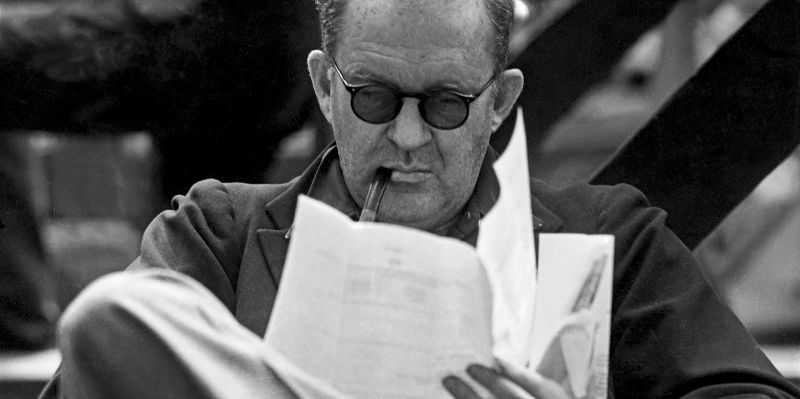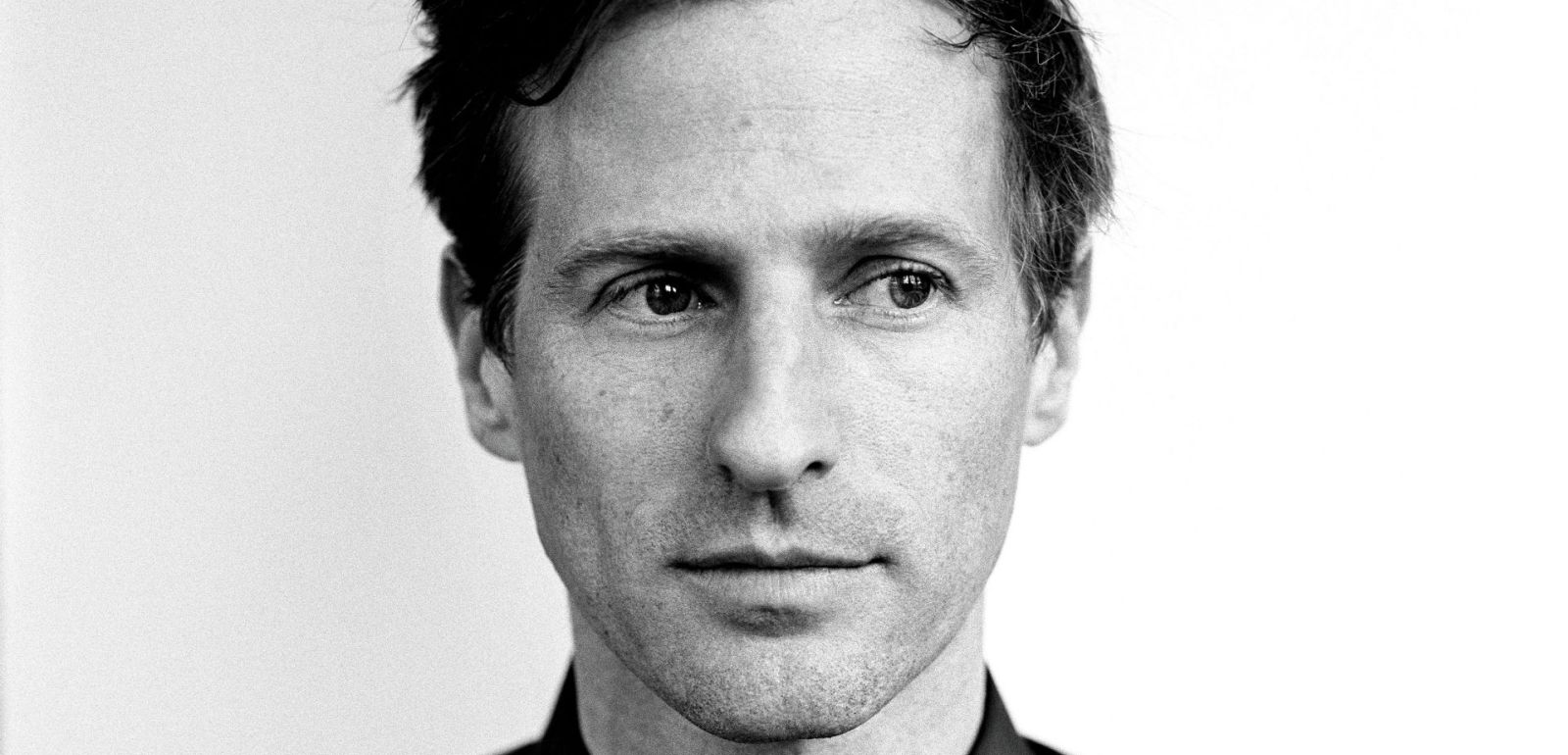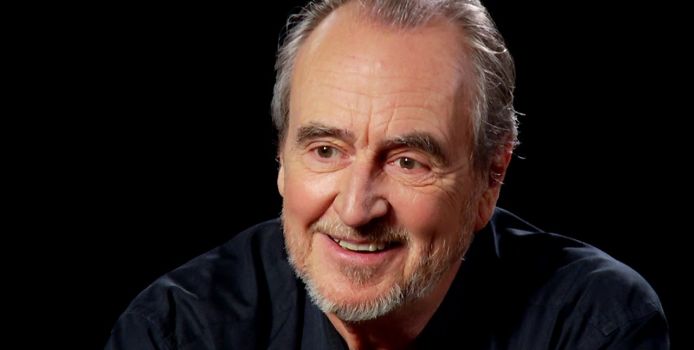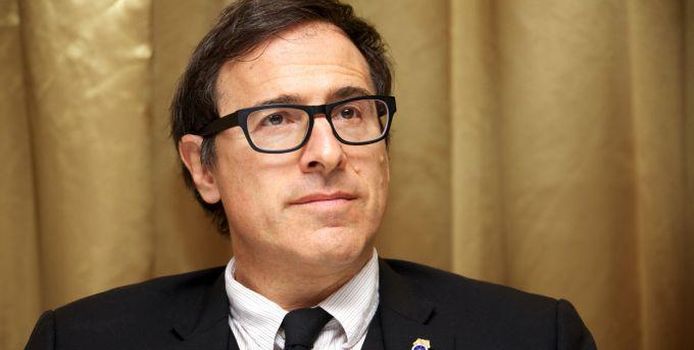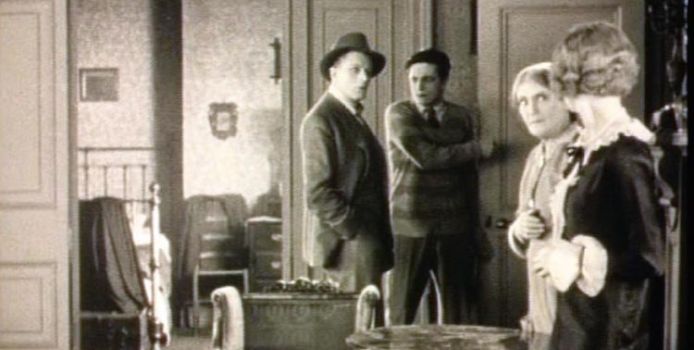Beginner’s Guide

After bugging my colleagues with discussion on Woody Allen films maybe one time too many, it was suggested that I write his Beginner’s Guide. Surprisingly, the thought hadn’t occurred to me, but I’m very excited to present my guide for you here now. I’ve gone a slightly different approach than usual because of the sheer amount of films the man has made in his still-continuing career, so it’s broken up into segments rather than a few films you should watch to get you started.
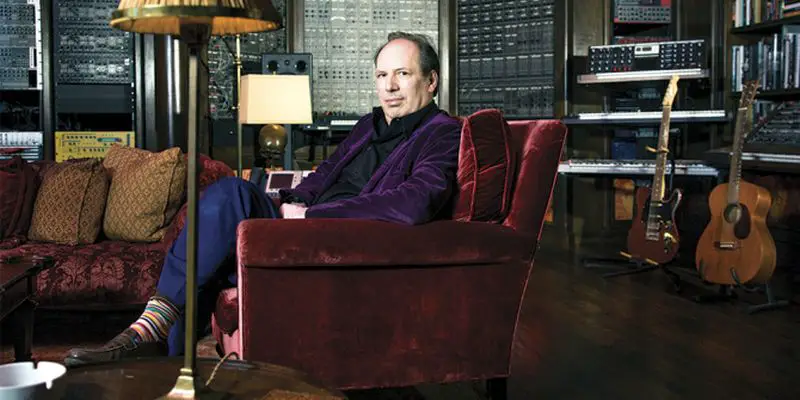
Composers are an underrated yet invaluable aspect to the world of cinema. They have the ability and duty to evoke various emotions in the audience, causing excitement, nerves, tears and goosebumps, sometimes all at once. It takes great skill to match the images on the screen to a suitable audio, and one man is notoriously known for his breathtaking soundtracks that complement filmmakers’ work and enhance the cinematic experience.

There aren’t many people who can claim that the woman they watched larking about on children’s morning television when they were a toddler also became of one of their favourite film directors as an adult. But that’s exactly what Andrea Arnold turned out to be, for me. For those of you who have never heard of her I can guarantee that you’ll be impressed.
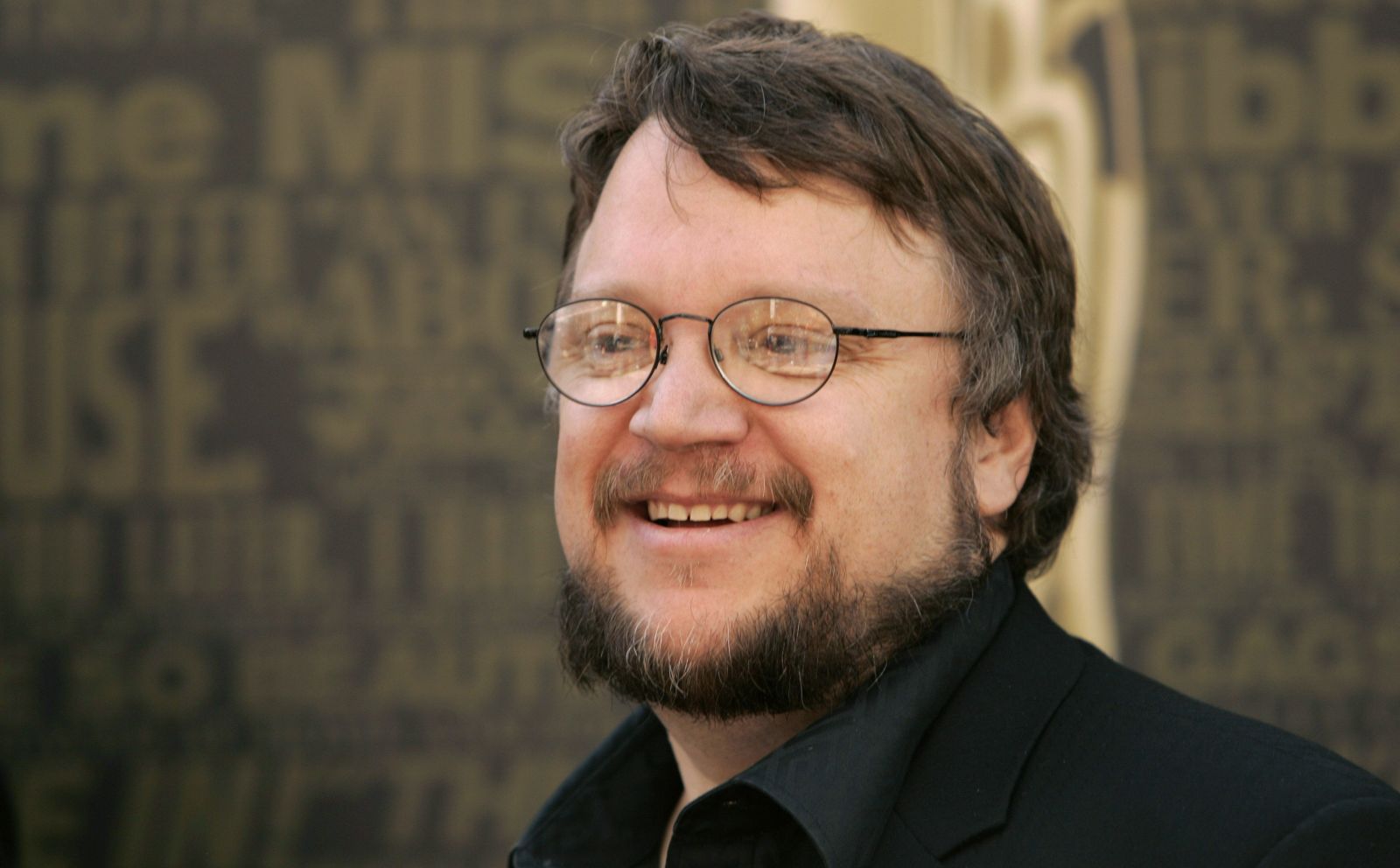
Near the conclusion of Hellboy II, we find the eponymous hero at death’s doorstep. Hellboy is laid at the feet of his personal Angel of Death, a shrouded, veiled monstrosity whose ragged wings are festooned with a series of enormous, amber eyes. Elizabeth Sherman, Hellboy’s partner, cradles his unconscious body in a pose reminiscent of the Pietà, an aesthetic emphasized by the magical spearpoint thrust into Hellboy’s side.

David Lynch has one of the most polarizing bodies of work in Hollywood (though he is objectively one of the nicest and most genuine people there). His films divide audiences like they were born of a marriage between Moses and Solomon. Filled with peculiar idiosyncrasies and defiantly flaunting conventions of both genre and narrative, Lynch’s films have been stubborn in their consistency for most of his career.

British director Alfred Hitchc*ck’s reputation as the “Master of Suspense” is still familiar to moviegoers around the world 25 years after his death. Hitchc*ck’s jowly visage and drawling accent are pop culture fixtures, and his movies are endlessly imitated and even spun-off into popular TV series. However, Hitchc*ck was more than just the man who gave the world Norman Bates and that infamous shower scene in Psycho (1960).
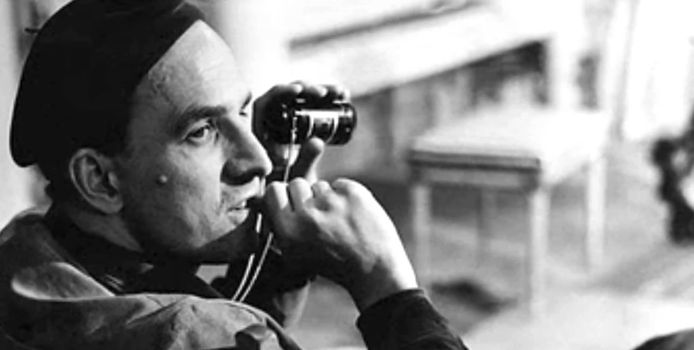
Saying you like Ingmar Bergman is like saying you like cinema. His influence and style have become more than an influence, a defining layer in the foundation of cinema. With some directors you can recall a few classic movies, but with filmmakers like Bergman, who has so many definitive credits as a director, his filmography can almost seem too daunting to follow.
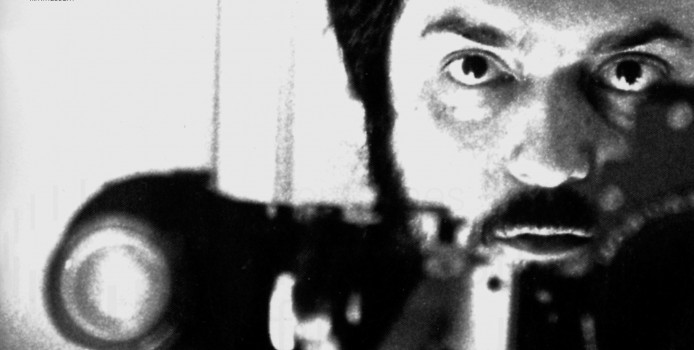
There’s no arguing that if you have even a mild interest in film, you’ve likely heard of Stanley Kubrick. You’ve probably even seen at least one of his films, or, barring that, maybe some of the more famous clips (especially if you’re a film student). So my approach to this “Beginner’s Guide” is to recommend that you forget all that.
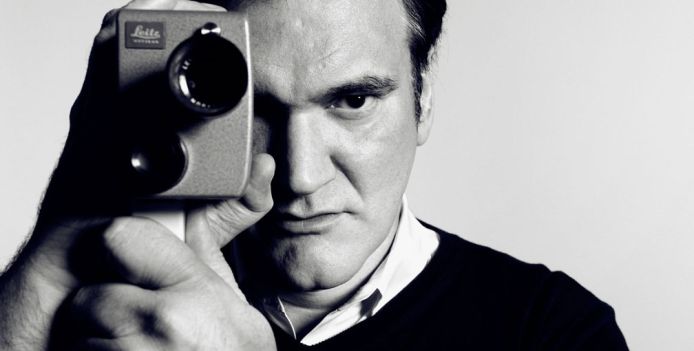
Controversial, unapologetic, and brilliant all at the same time, Quentin Tarantino is one of the most unique directors in film history. Dropping out of high school at age 15 to pursue acting and his love of films by working at a video rental store, Tarantino developed a unique understanding and appreciation for movies that cannot be taught in a formal setting. His films are notorious for gratuitous violence, pop culture references, and extended scenes of dialogue.


